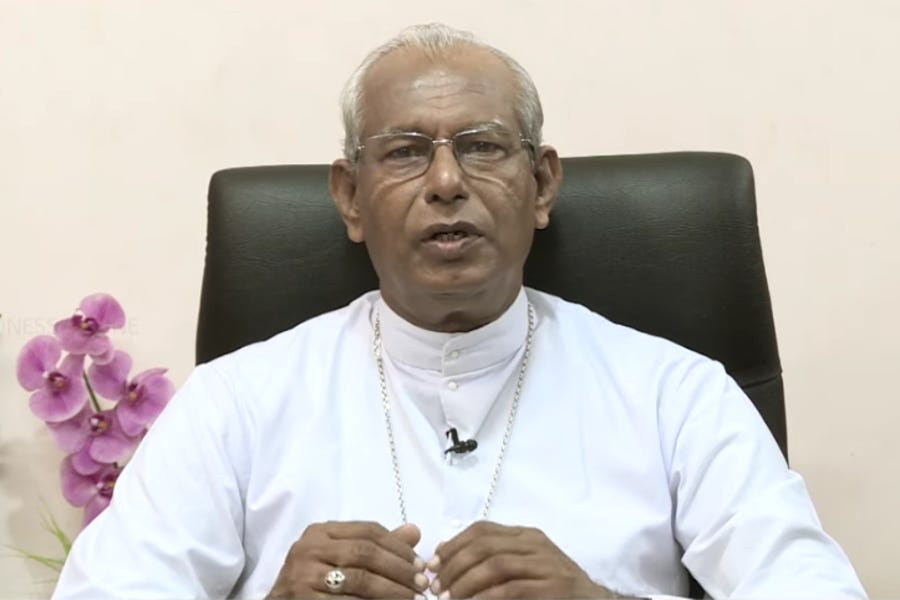Archbishop issues ultimatum in Syro-Malabar liturgy dispute
Archbishop Andrews Thazhath released a decree after a deal to reopen a local cathedral at the center of clashes collapsed.
The apostolic administrator of an archdiocese at the center of the Syro-Malabar Church’s liturgical dispute has issued an ultimatum to Catholics who oppose the celebration of a new liturgy at the local cathedral.

In a de…
